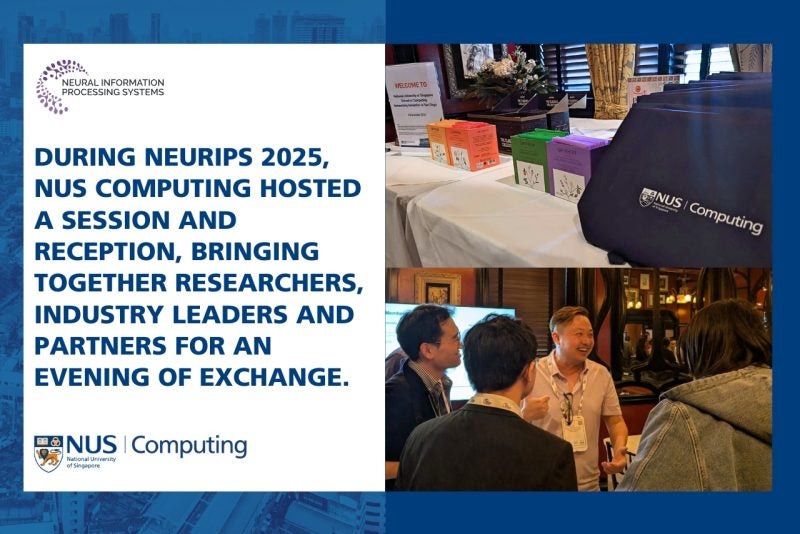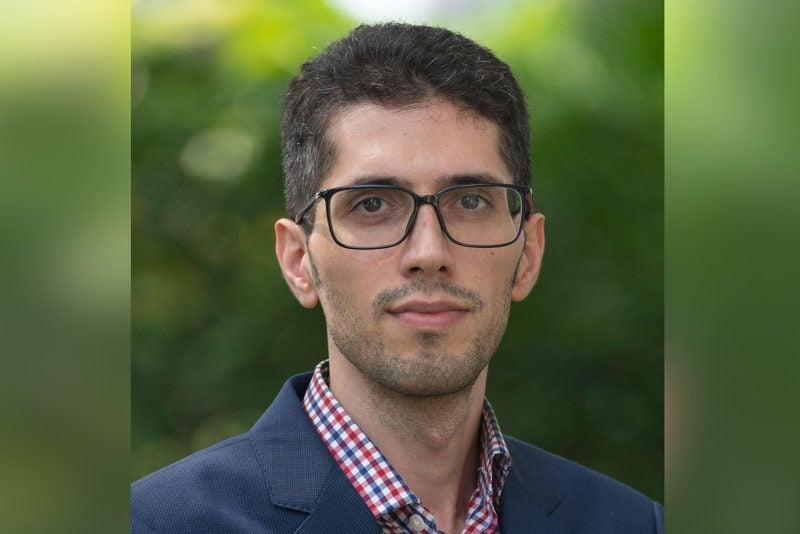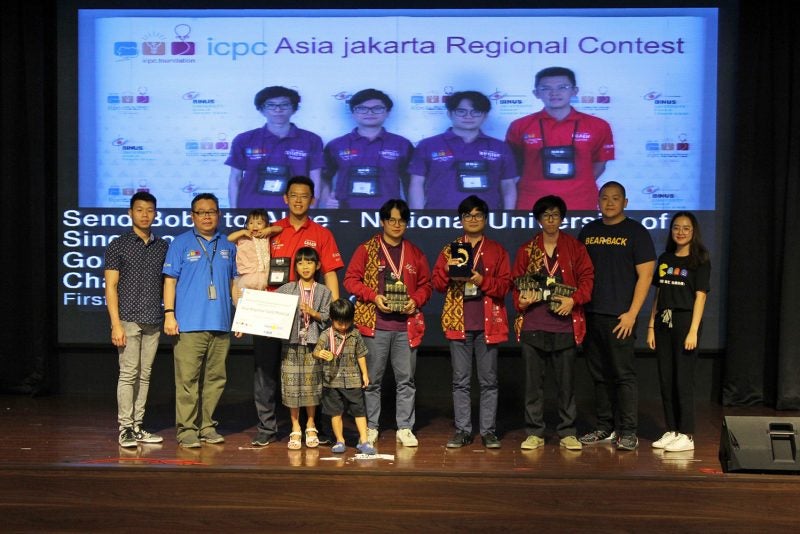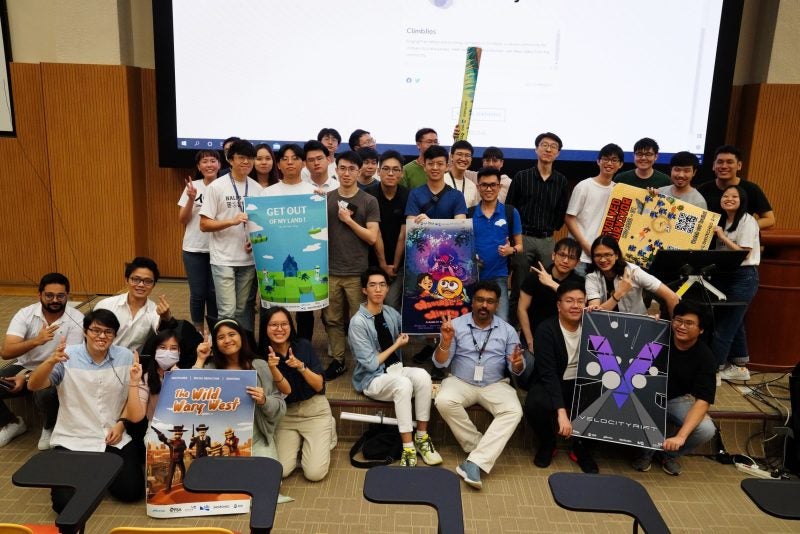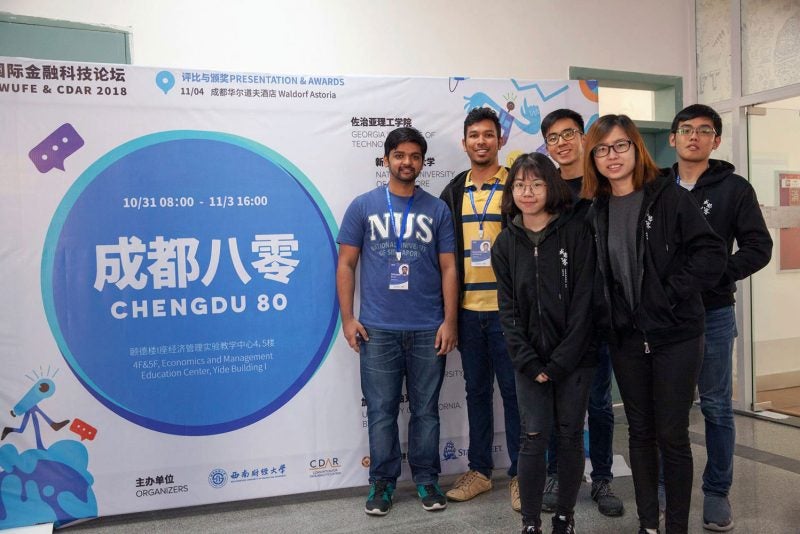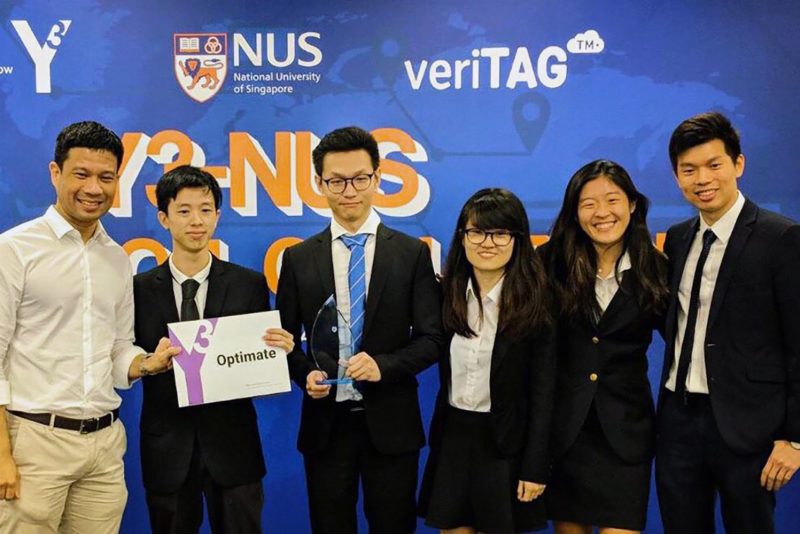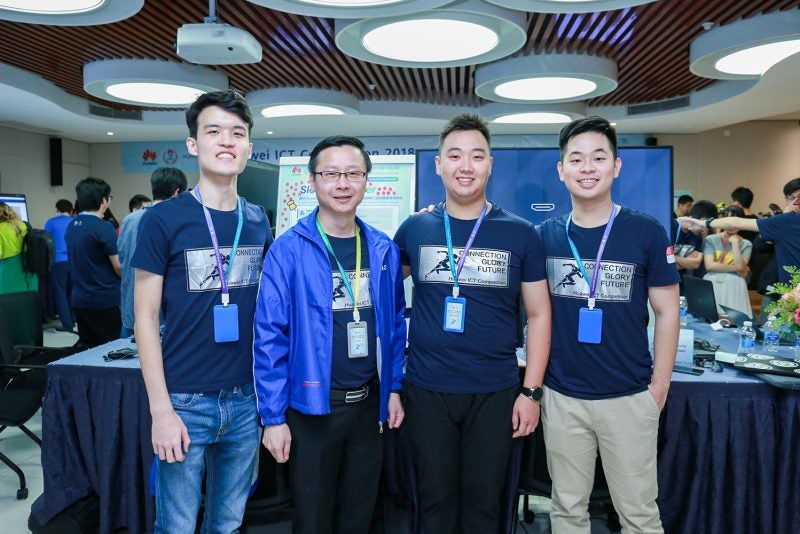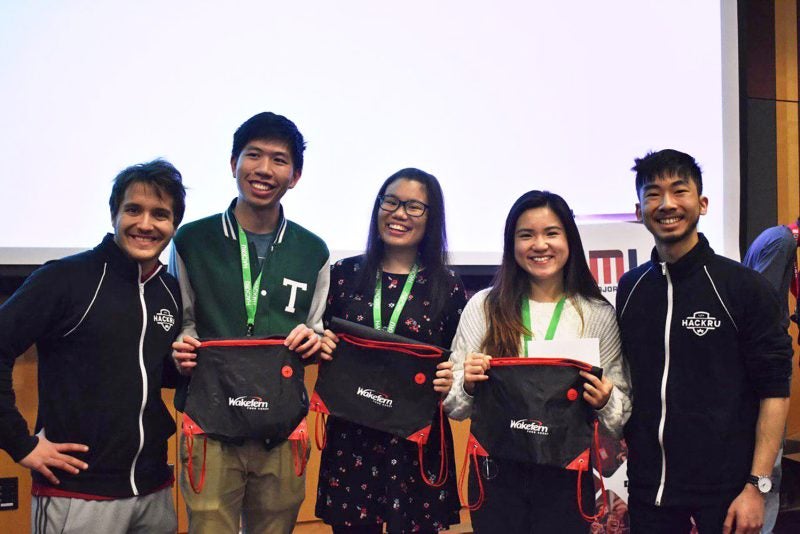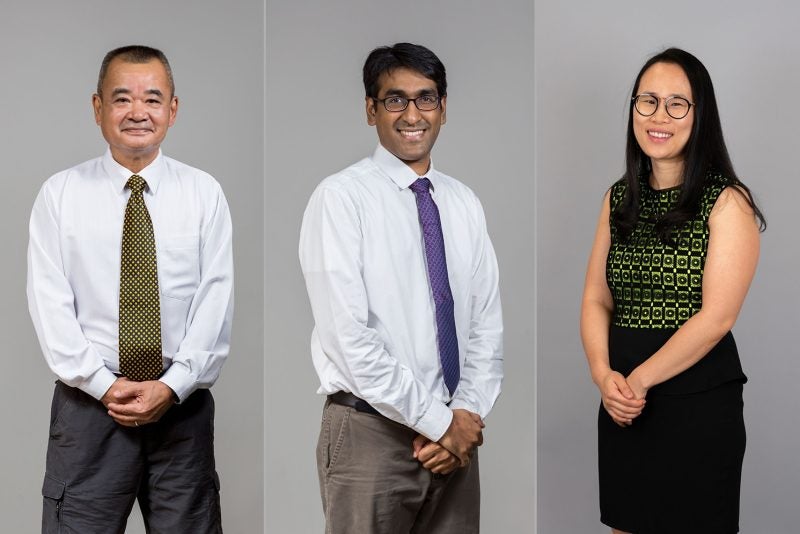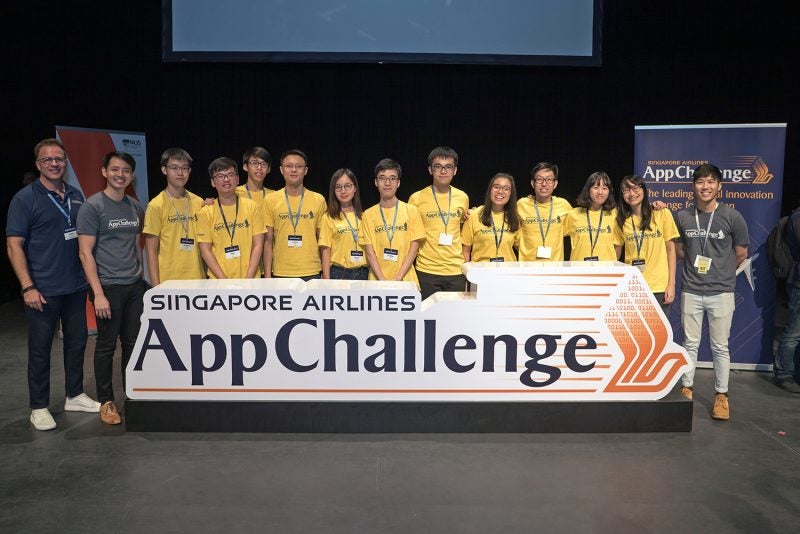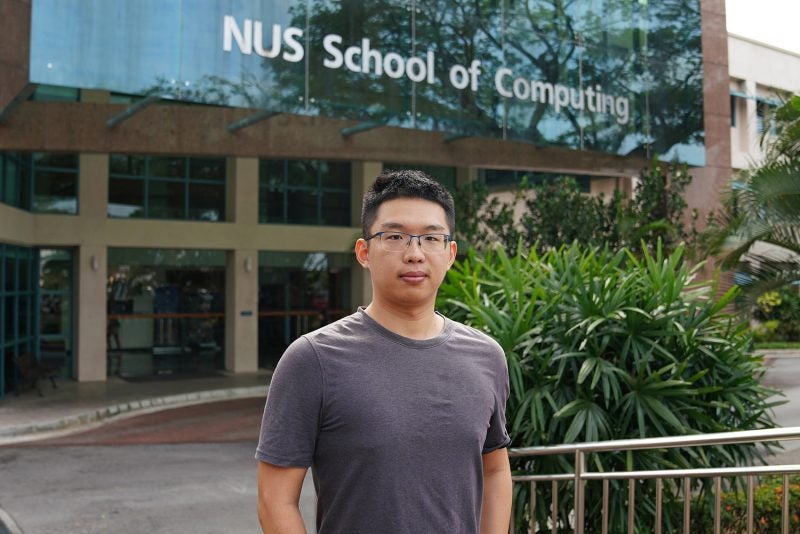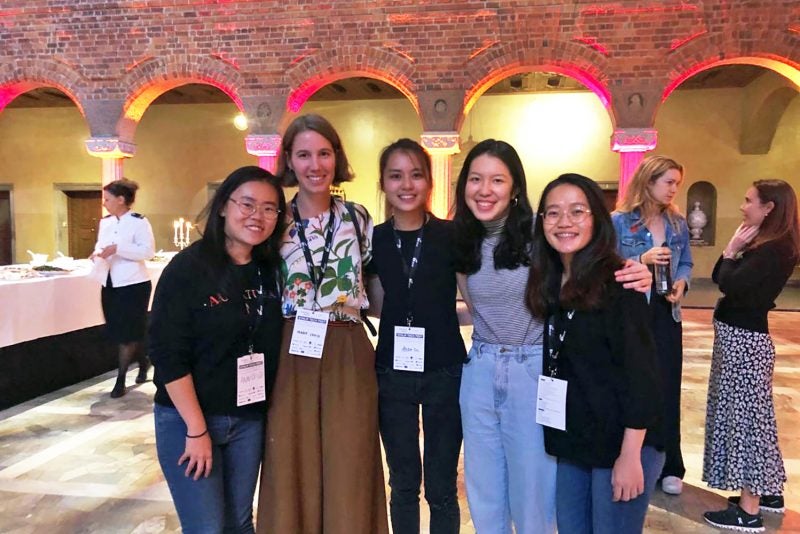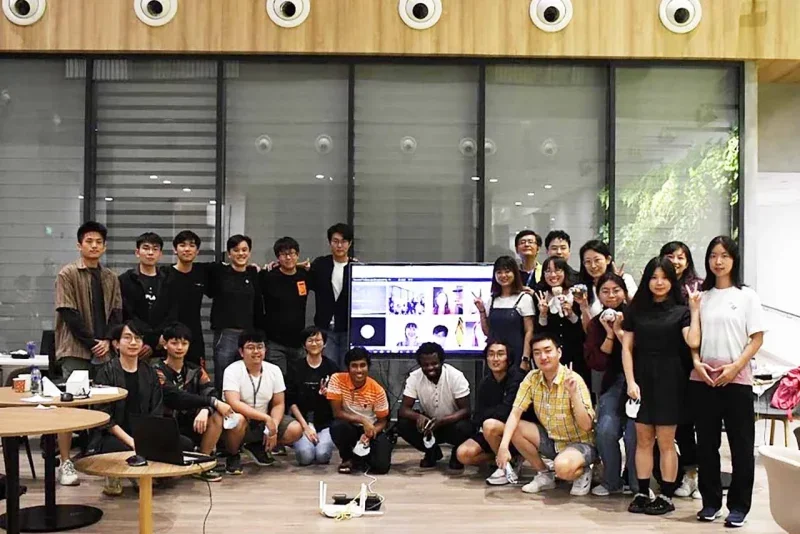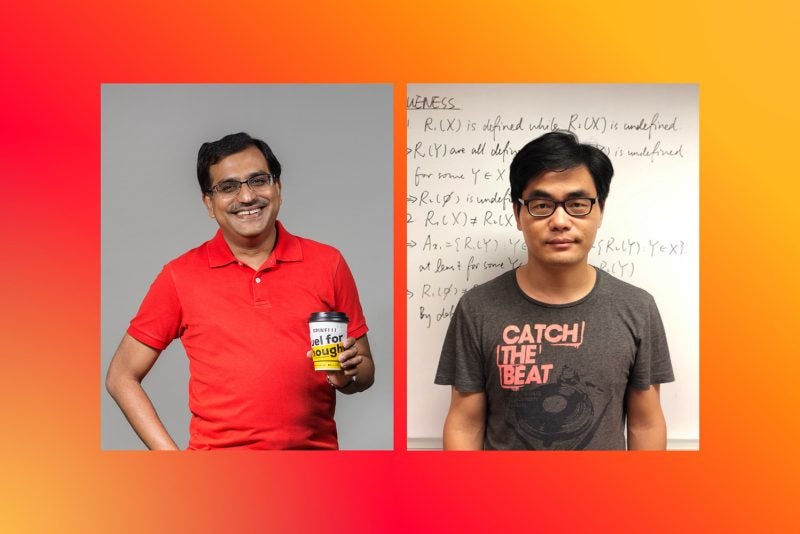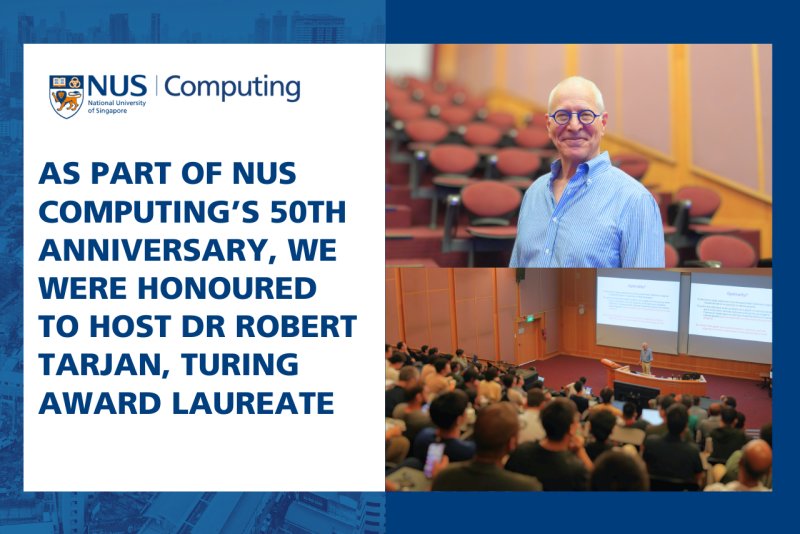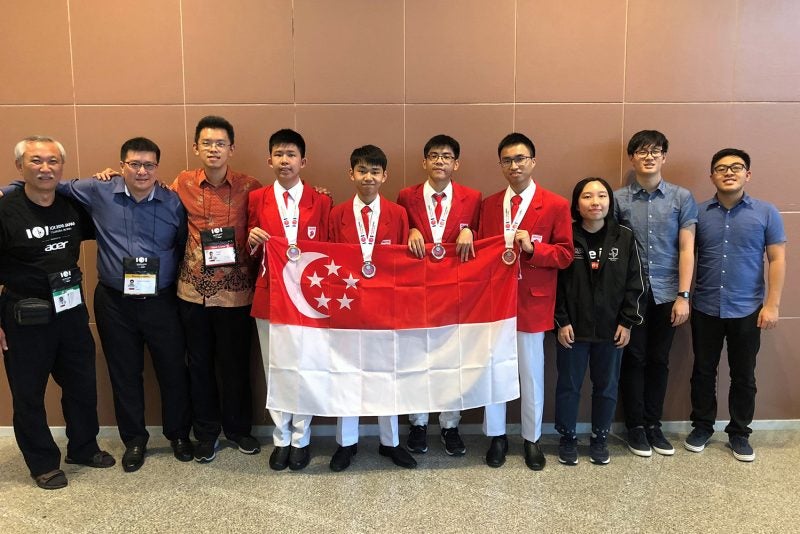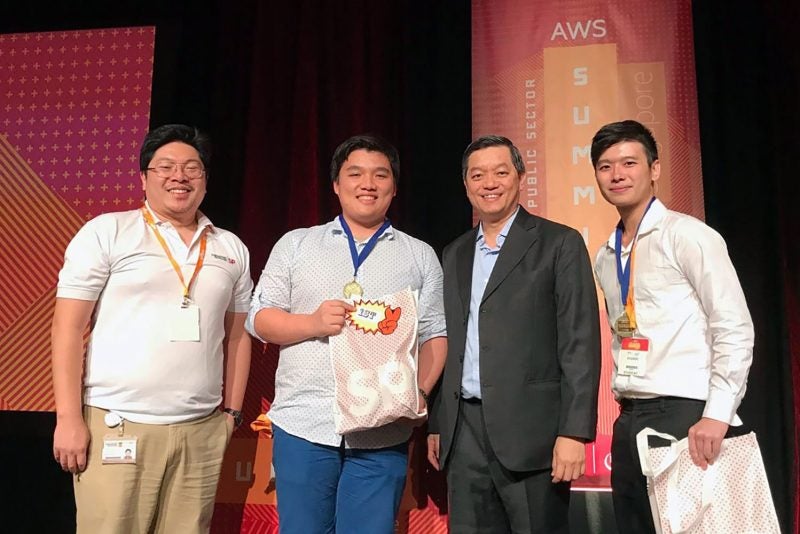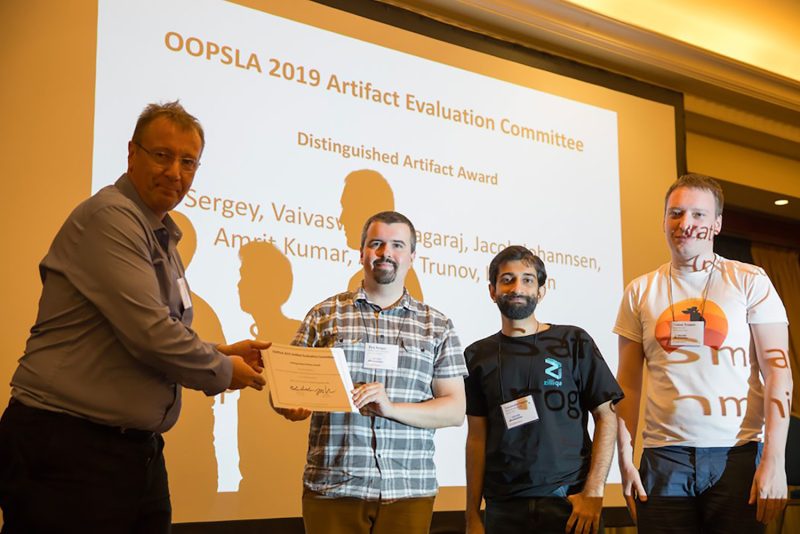24 May 2023 — NUS Computing Provost’s Chair Professor Abhik Roychoudhury has won the Most Influential Paper award at the International Conference on Software Engineering (ICSE) 2023. The conference took place this year between 14 to 20 May 2023 in Melbourne, Australia.
Since 1989, the Most Influential Paper award has been given out to research papers that have left a significant impact on the industry since they were published in ICSE 10 years ago. Besides Prof Roychoudhury, the winning paper was written in 2013 by three other authors: Hoang Duong Thien Nguyen and Dawei Qi who were from NUS, and Dr. Satish Chandra from IBM Research.
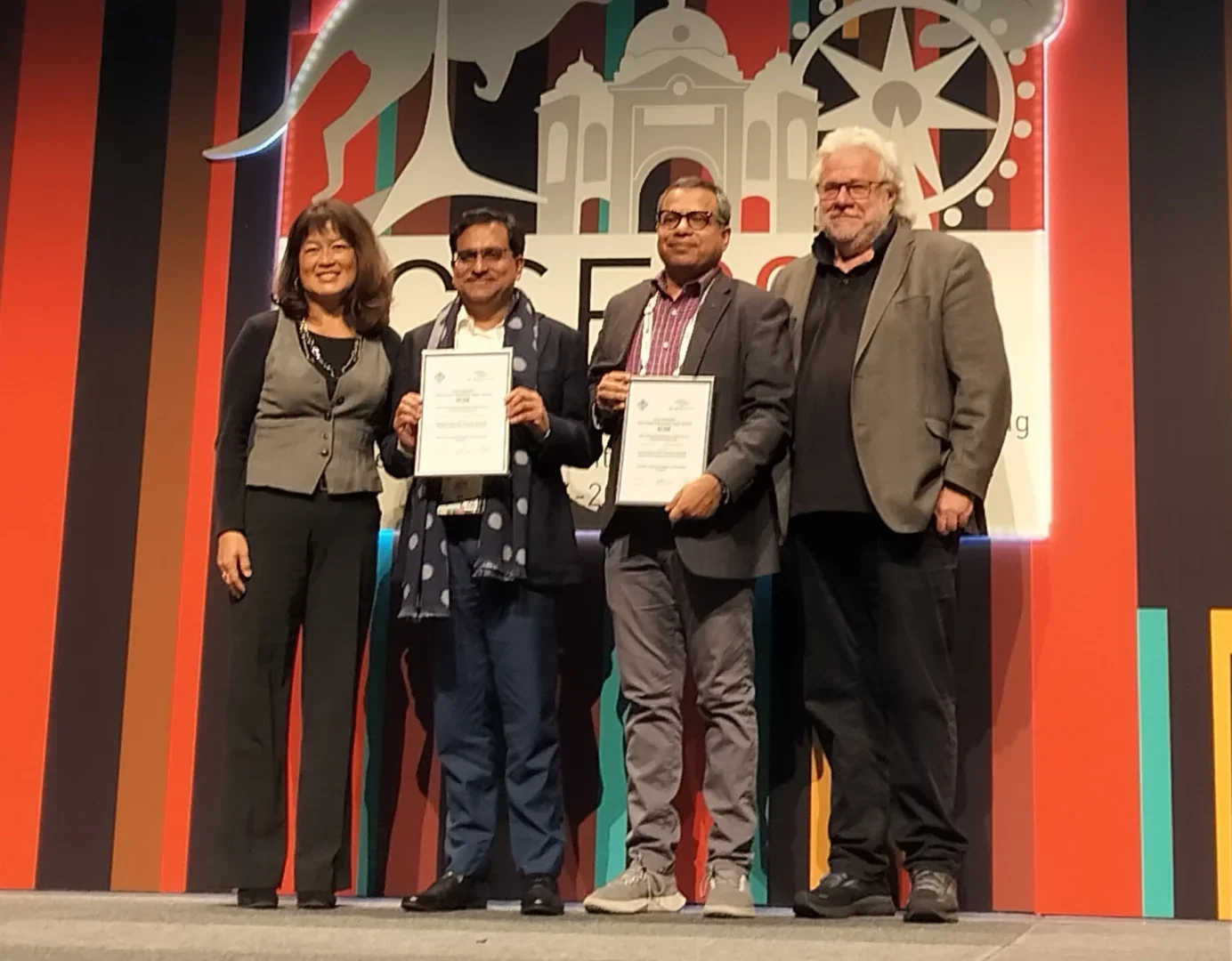
Their paper, “SemFix: Program Repair via Semantic Analysis” proposed the use of semantic or symbolic program analysis techniques to automatically rectify code. These techniques can be employed on manually written code as well as automatically generated code.
Besides the practical value of such techniques, this also gave a new direction to use symbolic reasoning which was previously used for program verification and testing.
Since the paper was published at ICSE 2013, Prof Roychoudhury and his team have been developing SemFix and has recently launched a five year research program on Automated Program Repair (APR), an area that focuses on techniques to automatically fix errors or vulnerabilities in programming. APR is relevant to automated code generation tools such as Codex and ChatGPT today. “Since automatically generated code from natural language descriptions lack understanding of program semantics, using semantic analysis techniques to auto-correct or rectify the code is of value. APR is also used for reducing exposure of software systems to security vulnerabilities,” shared Prof Roychoudhury on the benefits of APR. His research work on program repair has also been instrumental in obtaining Ministry of Education (MOE) Tier 3 grant funding for 2022 to 2027.
Upon receiving this award, he expressed: “I am honored to receive the award for our work on program repair. We started this direction 10 years ago and will continue to work on it. The need to improve automatically generated code from large models remains relevant today, as well as the need to give evidence about whether such code is trustworthy enough to be integrated into software projects.”




